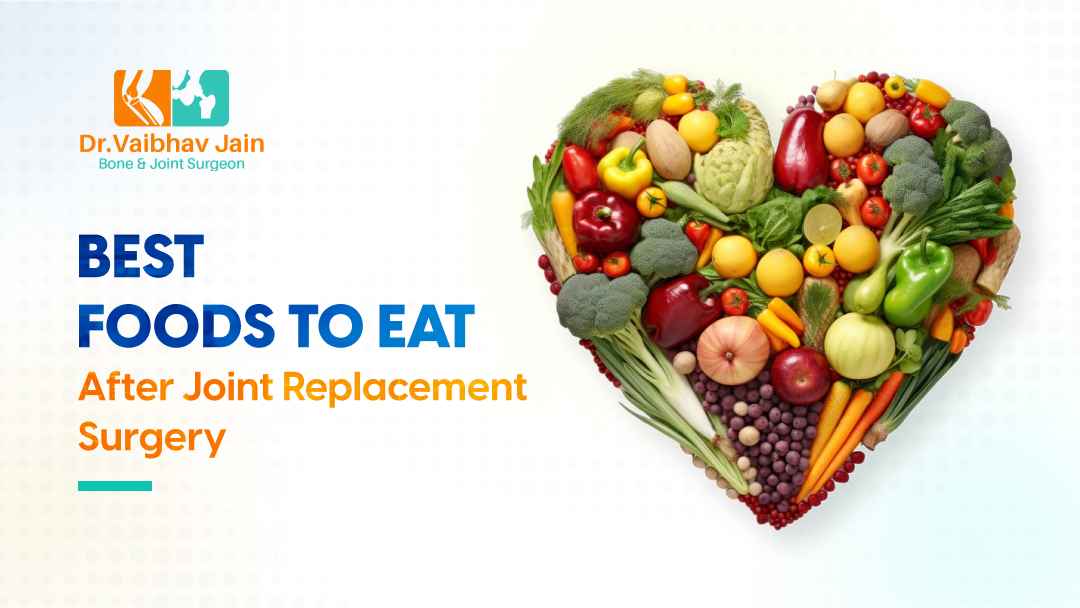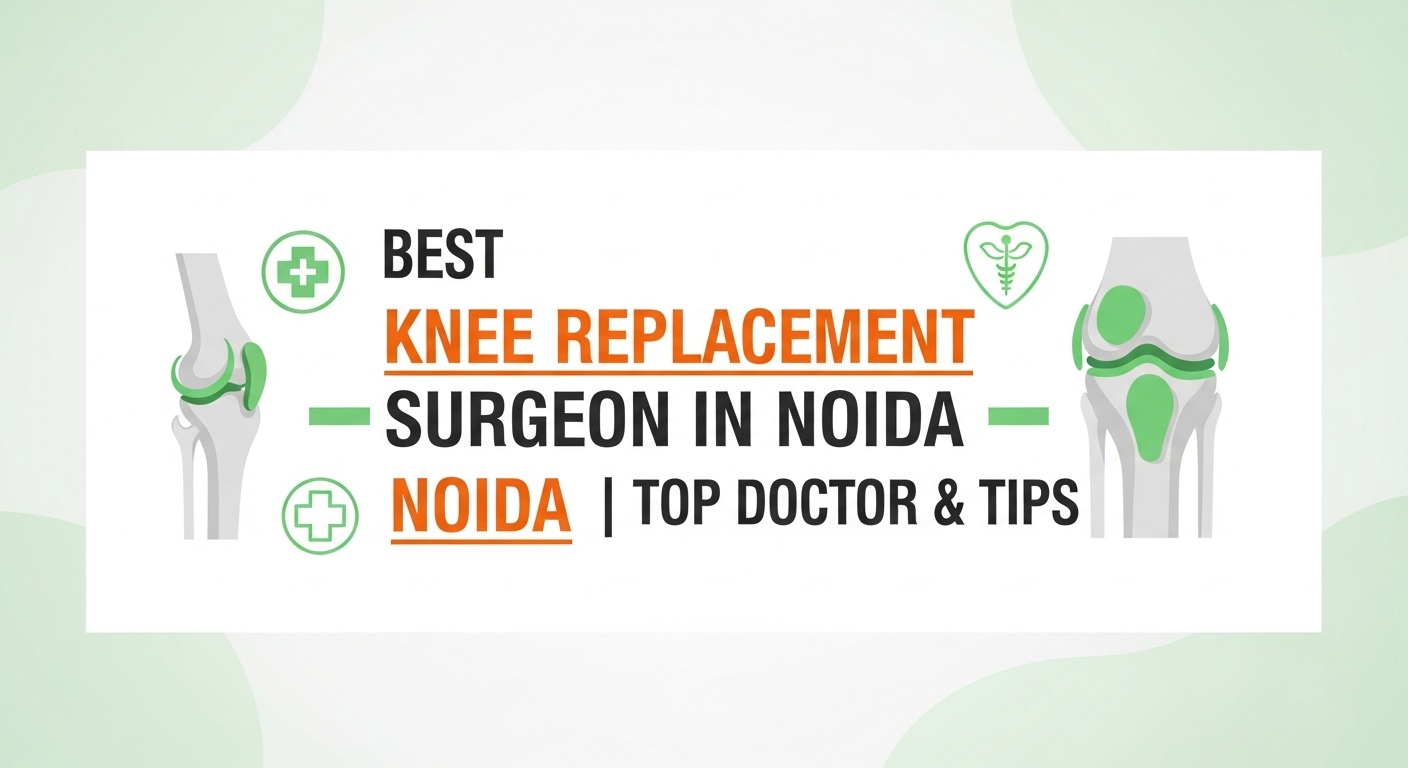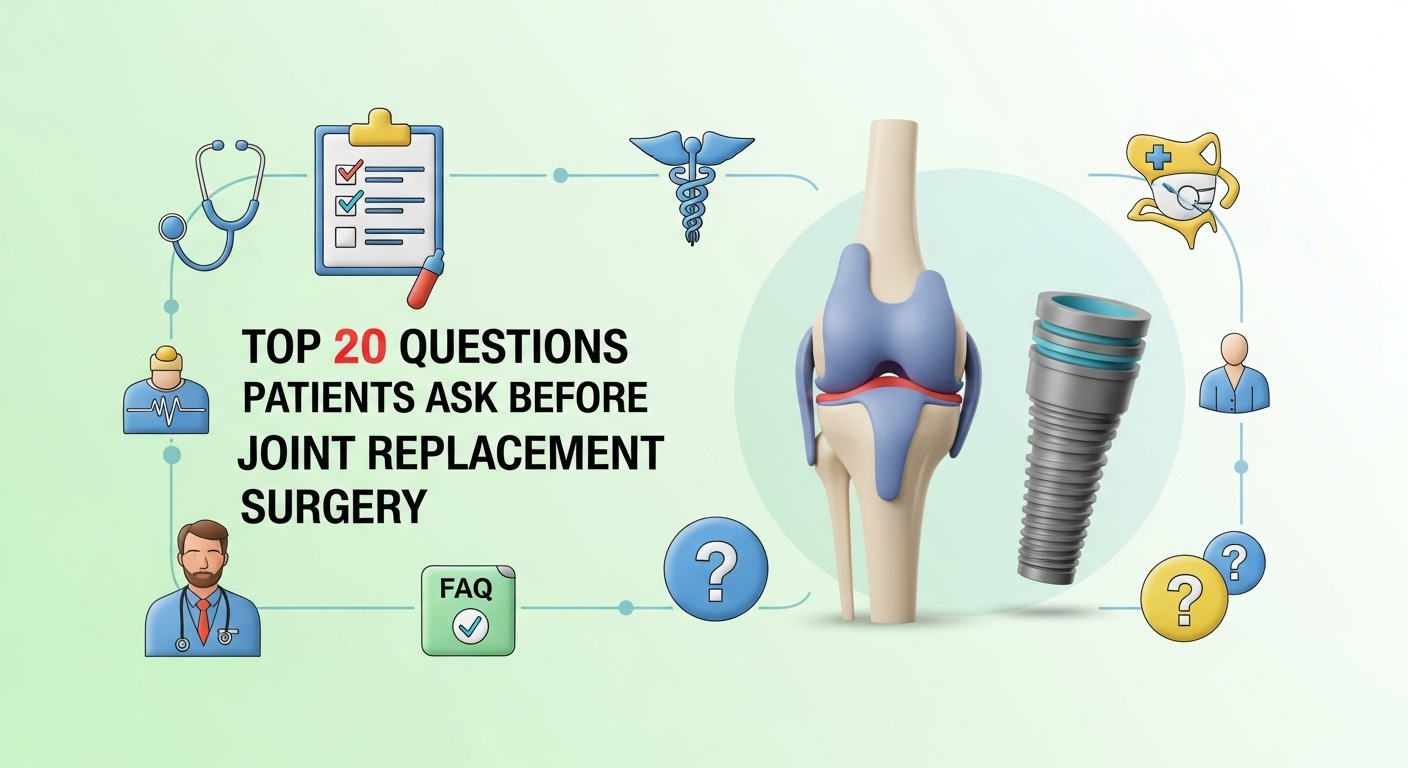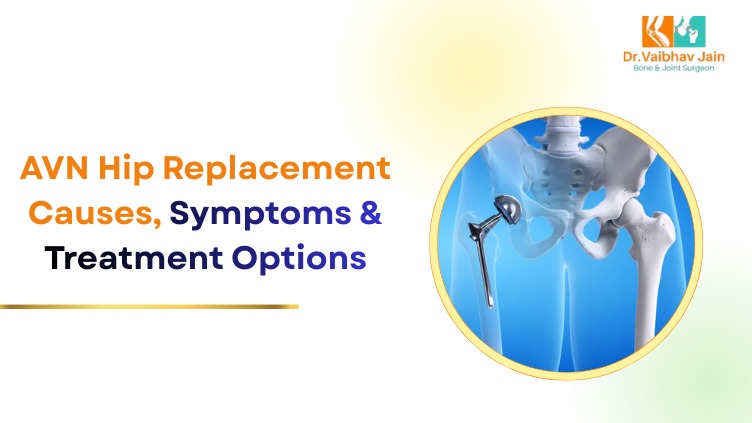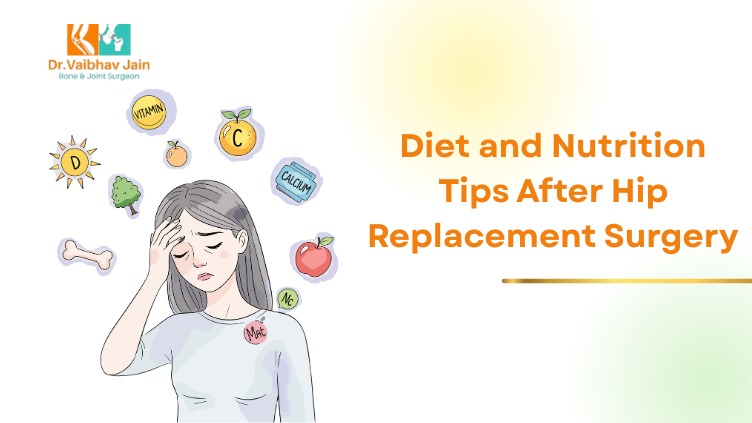Foods To Eat After Knee Replacement Surgery
Discover the Best Foods to Eat after Knee Replacement Surgery for optimal healing and recovery. Include lean proteins, fruits, vegetables, whole grains, and healthy fats.
Knee replacement surgery is a major surgery that can improve a person’s quality of bone life. It can help relieve pain, improve mobility, and even reduce the risk of falls.
While it is an effective treatment for many conditions, it can also be a difficult recovery period. Eating the right foods can play an important role in the recovery process, as it helps to promote healing and provide the body with the energy and nutrients it needs.
In this blog post, we’ll discuss the best foods to eat after knee replacement surgery.
The Benefits Of Eating Healthy After Surgery
Eating healthy is important for everyone, but it’s especially important for people who have had major surgery. Eating healthy helps promote healing and can help reduce inflammation. It can also help provide the body with the energy and nutrients it needs to stay strong and healthy. Eating a balanced diet can also help prevent complications and reduce the risk of infection.
The Best Foods To Eat After Knee Replacement Surgery
When recovering from knee replacement surgery, it’s important to focus on eating a balanced diet that is rich in nutrients. Here are some of the best foods to eat after knee replacement surgery:
- Fruits and Vegetables: Fruits and vegetables are packed with essential vitamins, minerals, and fiber. They are also low in calories and can help keep you feeling full. Some of the best options include leafy greens, berries, apples, oranges, carrots, and squash.
- Whole Grains: Whole grains are an excellent source of energy and fiber. They can also help reduce inflammation and provide the body with essential vitamins and minerals. Some of the best options include oats, quinoa, brown rice, barley, and wheat.
- Lean Proteins: Lean proteins are an important part of any balanced diet. They help to build and repair muscle, as well as provide the body with energy. Good sources of lean proteins include fish, chicken, turkey, eggs, Greek yoghurt, and tofu.
- Healthy Fats: Healthy fats are an important part of a healthy diet. They help to keep the body feeling satiated and provide the body with energy. Good sources of healthy fats include nuts, seeds, avocados, and olive oil.
- Bone Broth: Bone broth is a nutrient-rich liquid made from boiling bones and connective tissue. It can help to reduce inflammation and promote healing. It is best to buy bone broth that is organic and free of additives.

Nutrients To Focus On
When recovering from knee replacement surgery, there are certain nutrients that should be a priority. These include:
- Protein: Protein is an essential nutrient for healing and recovery. It helps to build and repair muscle, as well as provide the body with energy. Good sources of protein include eggs, fish, lean meats, beans, and nuts.
- Fiber: Fiber helps to promote a healthy digestive system and can help reduce inflammation. Good sources of fiber include whole grains, fruits, vegetables, and legumes.
- Iron: Iron is an important nutrient for healing, as it helps to deliver oxygen to the cells. Good sources of iron include red meat, poultry, seafood, beans, and dark leafy greens.
- Vitamins: Vitamins are essential for maintaining health and promoting healing. Good sources of vitamins include fruits and vegetables, as well as dairy products, nuts, and legumes.
- Calcium: Calcium is an important nutrient for maintaining strong bones. Good sources of calcium include dairy products, leafy greens, and fortified products such as orange juice.
Foods To Avoid After Surgery
In addition to eating healthy, it’s important to avoid certain foods after knee replacement surgery. These include:
- Alcohol: Alcohol can interfere with healing and can also increase the risk of infection. It is best to avoid alcohol for at least three weeks after the procedure.
- Caffeine: Caffeine can interfere with the body’s natural healing process. It is best to avoid caffeine for at least two weeks after the procedure.
- Processed Foods: Processed foods are often high in sugar, sodium, and unhealthy fats. It is best to avoid processed foods for at least two weeks after the procedure.
- Fried Foods: Fried foods are high in unhealthy fats and can increase inflammation. It is best to avoid fried foods for at least two weeks after the procedure.
- Spicy Foods: Spicy foods can cause stomach upset and can increase inflammation. It is best to avoid spicy foods for at least two weeks after the procedure.
Tips For Eating After Knee Replacement Surgery
Eating healthy is an important part of the recovery process. Here are some tips for eating after knee replacement surgery:
- Start with small portions: Start with small portions to avoid feeling overwhelmed. You can gradually increase the size of your portions as you start to feel better.
- Eat regularly: Aim to eat every three to four hours to keep your energy levels up. Eating regularly can also help to keep your blood sugar levels stable.
- Stay hydrated: Staying well-hydrated is important for healing and recovery. Aim to drink at least 8 glasses of water per day.
- Focus on whole foods: Focus on eating whole, unprocessed foods as much as possible. These foods are packed with essential vitamins, minerals, and fiber.
- Listen to your body: Listen to your body and take breaks when needed. Don’t push yourself too hard and give yourself the time you need to heal.
Foods to eat after surgery to promote healing
| Food | Why It Helps | Examples |
|---|---|---|
| Fruits | Full of vitamins and antioxidants. | Apples, oranges, berries. |
| Vegetables | Provide vitamins and minerals for healing. | Spinach, carrots, broccoli. |
| Lean Proteins | Help build and repair tissues. | Chicken, fish, tofu. |
| Whole Grains | Give you energy and fiber for recovery. | Brown rice, whole wheat bread. |
| Nuts & Seeds | Provide healthy fats and proteins. | Almonds, chia seeds. |
| Dairy | Good for bones and provides protein. | Milk, yogurt, cheese. |
| Legumes | Full of protein and fiber. | Beans, lentils. |
| Hydrating Foods | Help keep you hydrated and support healing. | Cucumbers, watermelon. |
Eating these foods can help you heal faster and feel better after surgery.
What To Eat After Knee Surgery
A. Plant-Based Protein Sources
- Legumes (chickpeas, lentils, black beans)
- Soy-based products (tofu, tempeh)
- Nuts and seeds (almonds, chia seeds, pumpkin seeds)
B. Calcium-Rich Vegetarian Foods
- Fortified plant-based milk (almond, soy, oat)
- Plant-based yogurt
- Leafy green vegetables (kale, broccoli, bok choy)
C. Anti-Inflammatory Vegetarian Foods
- Omega-3 Fatty Acids (chia seeds, flaxseeds, walnuts)
- Colorful Fruits and Vegetables (berries, turmeric, ginger)
- Healthy Fats (avocado, olive oil, almonds)
Conclusion
Eating healthy is an important part of the recovery process after knee replacement surgery. Eating a balanced diet that is rich in essential nutrients can help promote healing and provide the body with the energy and nutrients it needs. Focusing on whole, unprocessed foods and avoiding alcohol, caffeine, processed foods, fried foods, and spicy foods can help ensure a successful recovery.
Diet Chart For Orthopedic Patient
Breakfast:
Option 1: Oatmeal with almond milk, topped with fresh berries and a sprinkle of chia seeds.
Option 2: Whole-grain toast with avocado spread, tomato slices, and a side of Greek yogurt.
Mid-Morning Snack:
A small handful of unsalted nuts (almonds, walnuts, or cashews).
Fresh fruit, such as an apple or banana.
Lunch:
Option 1: Quinoa salad with mixed vegetables (bell peppers, cucumber, cherry tomatoes) and a light vinaigrette dressing.
Option 2: Lentil soup with whole-grain bread and a side of steamed broccoli.
Afternoon Snack:
Greek yogurt with a drizzle of honey or a handful of mixed berries.
Carrot and cucumber sticks with hummus.
Dinner:
Option 1: Baked or grilled tofu with quinoa and roasted Brussels sprouts.
Option 2: Brown rice stir-fry with assorted colorful vegetables and tofu or paneer.
Evening Snack (If Needed):
Herbal tea with a couple of whole-grain crackers or rice cakes.
A piece of dark chocolate or a small serving of dried fruits.
Fluid Intake:
Drink plenty of water throughout the day.
Herbal teas or green tea can be included for added antioxidants.
Notes:
- Emphasize whole, nutrient-dense foods.
- Ensure an adequate intake of calcium-rich foods for bone health.
- Include sources of plant-based protein to support muscle strength and recovery.
- Adjust portion sizes based on individual dietary requirements and activity levels.
This diet chart provides a general guideline for a balanced and vegetarian-friendly diet for orthopedic patients. It’s essential to consider individual preferences, dietary restrictions, and specific health conditions. Consulting with a healthcare professional or a registered dietitian for personalized advice is recommended.
Frequently Asked Questions
Lean protein sources such as chicken, turkey, fish, tofu, legumes, and low-fat dairy products are excellent options.
Yes, fruits and vegetables provide essential vitamins, minerals, antioxidants, and fiber. Aim for a variety of colorful options to obtain a wide range of nutrients.
It’s recommended to choose whole grains like brown rice, quinoa, whole wheat bread, and oats as they offer more fiber and nutrients compared to refined grains.
It’s generally recommended to limit processed foods, sugary snacks, and beverages. Additionally, consult your healthcare provider regarding any dietary restrictions or recommendations based on your individual needs.
Your healthcare provider will provide specific guidance on when you can transition to a regular diet based on your recovery progress and any surgical restrictions.
